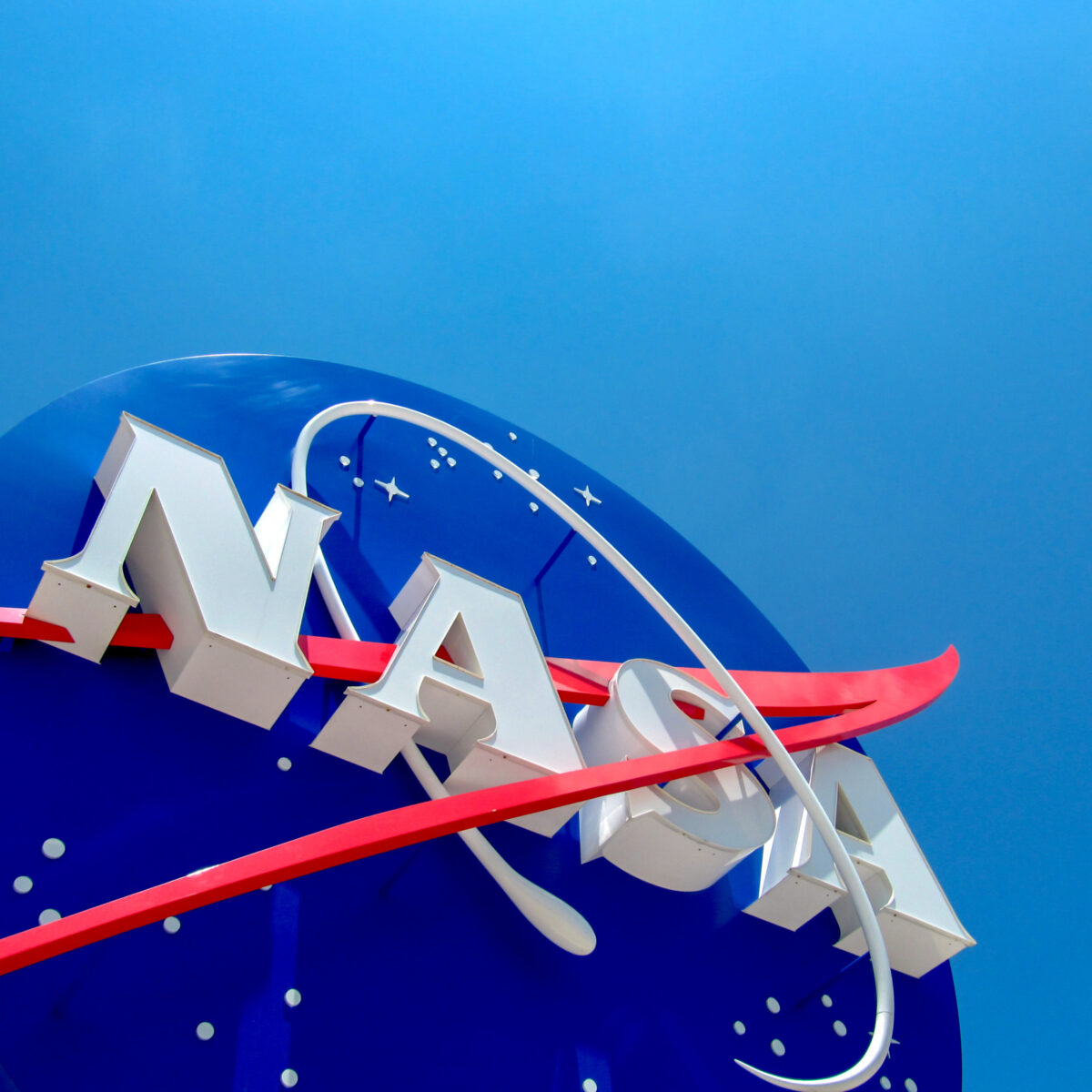Planetary Radio: Space Policy Edition
Featuring The Planetary Society's Chief Advocate, Casey Dreier, the Space Policy Edition podcast features unique insights by the world's leading experts in space policy and history to explain how space exploration actually happens.
Subscribe
The Space Policy Edition is included as a monthly feature of the Planetary Radio podcast, which is available on all major podcast services. You can also subscribe exclusively to Space Policy Edition episodes on Apple Podcasts and Spotify:
Or use our direct RSS feed and subscribe via your favorite podcast app.
Latest Episodes
Rocket Lab CEO Peter Beck outlines a $4B fixed-price plan for Mars Sample Return — and reveals new Venus mission details — before VP Richard French explains how a single, integrated team cuts costs and ensures success.
Marcia Smith, founder of Space Policy Online, joins the show to discuss the motivations and risks of pursuing change at NASA - and how much change can ultimately happen with Congress holding the purse strings.
We revisit a classic book on the limits of presidential power in setting the nation’s space agenda and explore how the increasingly powerful executive branch might be rewriting those expectations.
Norm Augustine, the distinguished aerospace industry veteran behind numerous influential studies, joins the show to discuss NASA at a Crossroads, the new report that raises alarm bells for NASA’s workforce, infrastructure, and technology capabilities.
Space expert Lori Garver joins the show to explore Kamala Harris’ space policy priorities, the major issues facing NASA in the next four years, and Garver’s thoughts on the evolution of Elon Musk and NASA’s increasing reliance on the commercial space industry.
Dr. Greg Autry, who served on Trump’s NASA transition team in 2016 and was nominated for the position of NASA CFO in 2020, joins the show to discuss the space policy issues facing a potential second Trump administration in 2025.


 Explore Worlds
Explore Worlds Find Life
Find Life Defend Earth
Defend Earth







